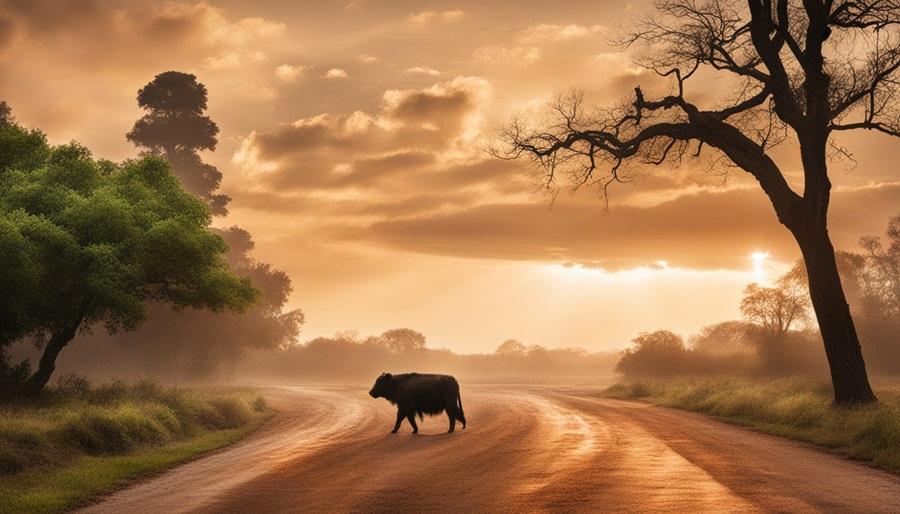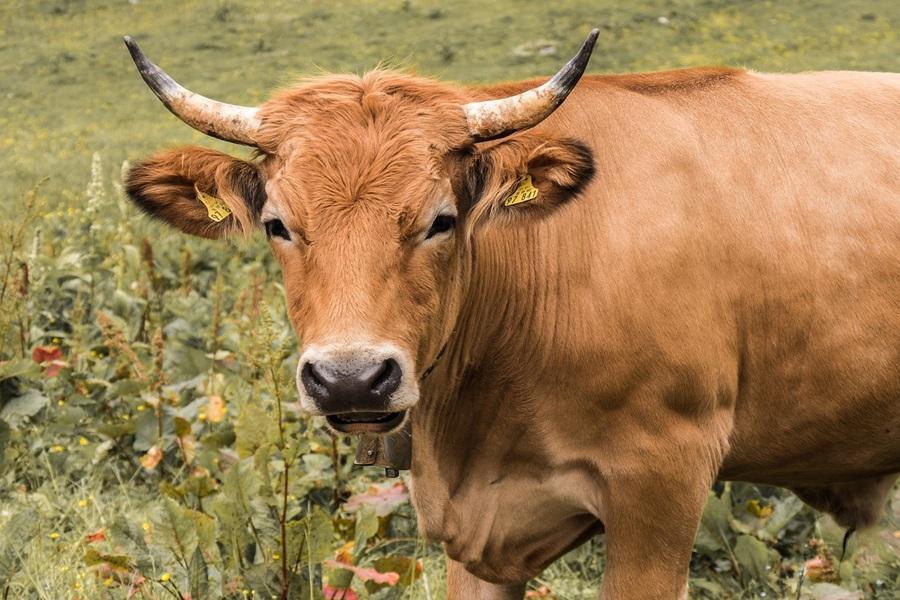Animal agriculture is often blamed for climate change, biodiversity loss, competition for food resources, and water scarcity. But do you understand the link?
Meat production is often blamed for climate change, biodiversity loss, competition for food resources, and water scarcity. However, the authors of this paper argue that animal advocates sometimes use oversimplified ways of measuring the effect of meat production on the environment – and an oversimplified approach can ultimately hurt our case.
When measuring animal agriculture’s greenhouse gas emissions, researchers usually convert emissions of all greenhouse gases, such as methane, to the equivalent in carbon dioxide. However, methane and nitrous oxide behave differently in the atmosphere than carbon dioxide does, which makes carbon-dioxide-equivalent models inaccurate. Any climate model is full of judgment calls, and readers might assume that a model is more certain than it actually is. According to the authors, researchers should:
- Be transparent about the decisions they’re making and what they’re uncertain about.
- Report multiple outcomes (for example, reporting the warming effect of emissions over a century, two centuries, and five centuries, not just over the next century).
- Perform sensitivity analyses that test how robust their findings are to different assumptions about how the climate works.
- Switch to improved models which better account for the different effects of different greenhouse gases.
According to the authors, if we stop farming animals on a particular piece of land, wild herbivores will usually graze on it. The higher populations of wild herbivores will lead to more emissions. If the land isn’t taken over by wild herbivores, the land will often change in other ways that lead to greenhouse gas emissions (e.g., wildfires, termites). The authors argue that, when people estimate reductions in greenhouse gas from eliminating animal agriculture, they should subtract the emissions produced by other uses of the land.
The authors also believe that we need to look at the bigger picture of our diets and food production system, including doing nutritional life cycle assessments. The nutritional life cycle assessment (LCA) looks at what diet meets all of our nutritional needs with the smallest effect on the environment. Some models even include the health effects of environmental degradation for a fuller picture of the effects of dietary choices on human life. Life cycle assessments generally don’t take into account non-food animal products made using animals slaughtered for food, which can cause them to overestimate the greenhouse gas emissions of animal food products. They also don’t take into account the non-environmental and non-health benefits of animal agriculture, such as the economic benefits to the farmer and the cultural importance of farmed animals. The authors believe that these factors should be included.
Farmed ruminants, such as cows, may have positive effects on the ecosystem. Assessments of the water footprint of farming often include all the water that passes through the land, including rainwater. However, in many areas, farmed ruminants use very little local water. The rest goes to underground water stocks and streams, where humans and nonhuman animals can still use it. Thus, the authors believe that ruminant agriculture may actually reduce water scarcity compared to other land uses.
Farmed ruminants can also improve soil health. Many ecosystems evolved to have wild herbivores, and farmed ruminants can imitate the behavior of the natural species. Manure and other effects of farmed ruminant grazing can cause soils to hold more carbon. High-carbon soils are better for plant agriculture, sequester carbon from the atmosphere, and even protect against flooding.
Animal advocates likely disagree with the authors that animal agriculture plays a role in a sustainable and ethical food system. However, one important takeaway is that it’s important not to misrepresent the evidence we’re given. Animal advocates are more credible if they acknowledge areas of uncertainty and the ways that animal agriculture may actually benefit the environment. Doing so will help us come across as more authoritative to the public. It will also help us strategize about how to preserve the environmental benefits of animal agriculture as we work to end it.
Original source: https://faunalytics.org
https://www.animalagricultureclimatechange.org/ditch-meat-to-preserve-our-planet-says-study/











